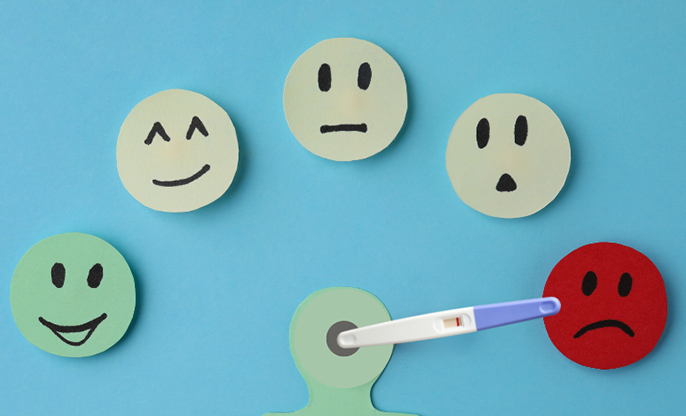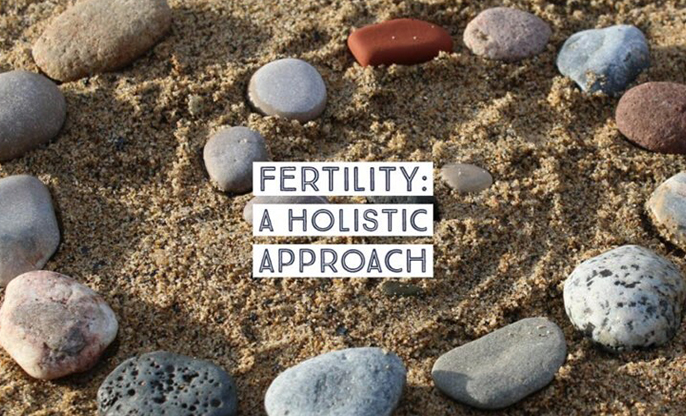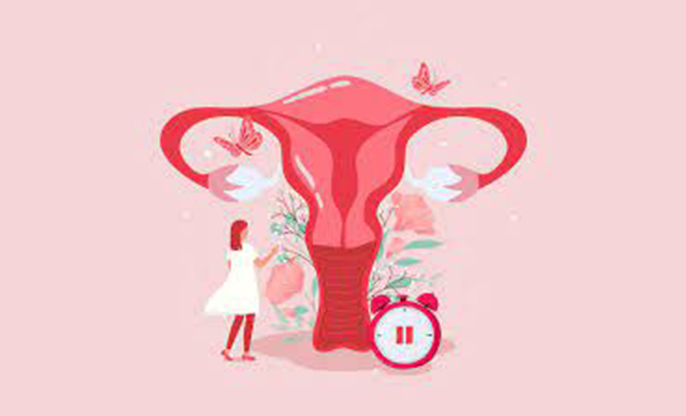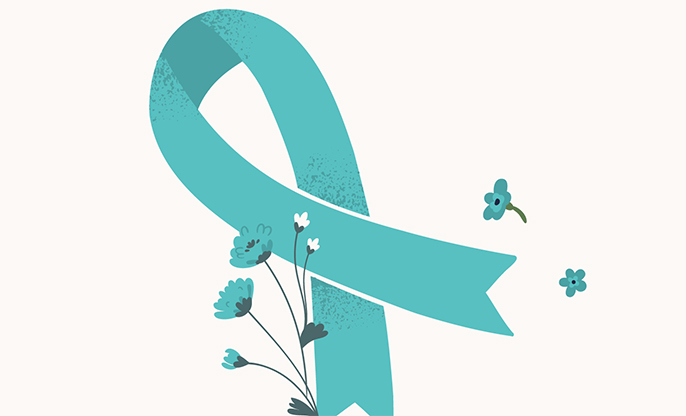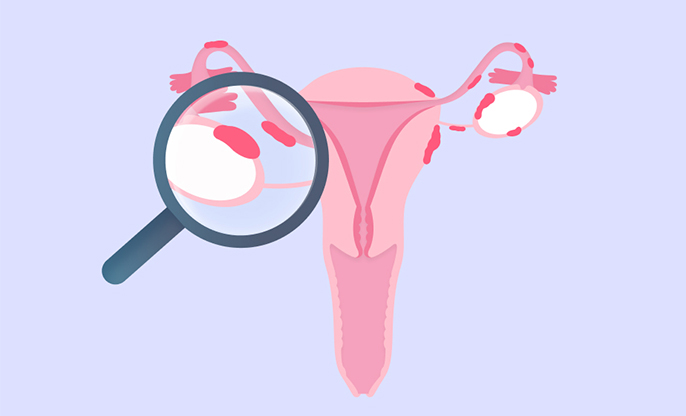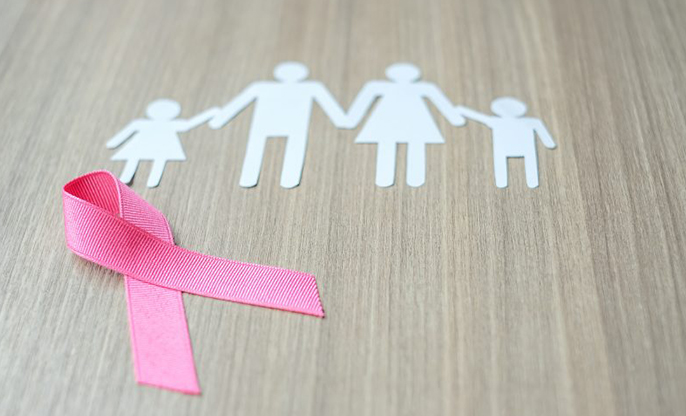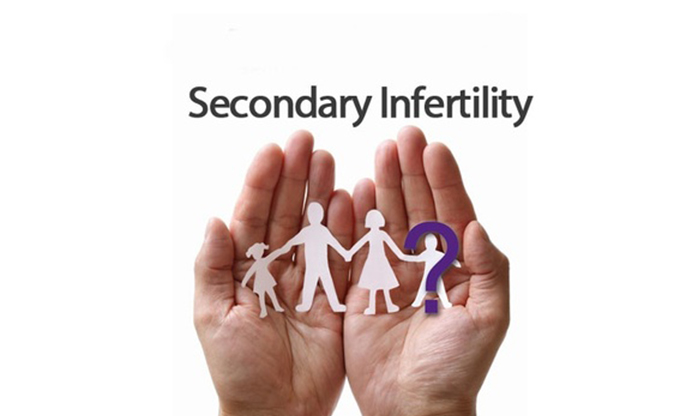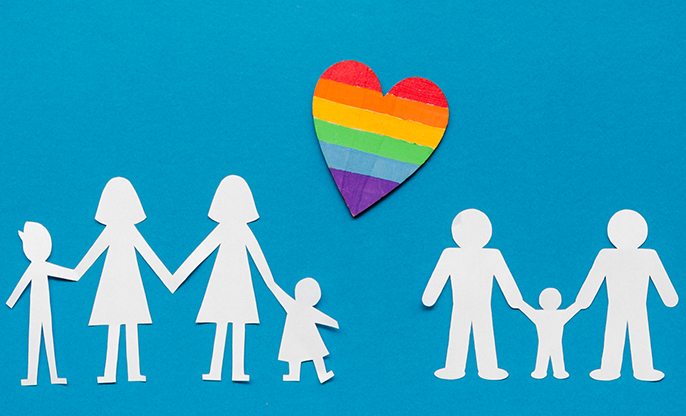
The journey to parenthood is often envisioned as a joyous and natural progression in life. However, for many couples, the path to conceiving a child can be filled with unexpected challenges and emotional hurdles, especially when faced with infertility. During such trying times, finding the right counselling and support groups can make a profound difference in coping with the emotional toll and navigating the complexities of infertility.
1. Emotional Support
One of the most significant benefits of seeking counselling or joining support groups is the emotional support they provide. Infertility can lead to feelings of sadness, frustration, anxiety, and even depression. Couples may experience grief over the loss of the expected timeline for starting a family. Counsellors and support groups offer a safe space for individuals to express their emotions and receive empathy and understanding from others who are going through similar struggles.
2. Coping Strategies
Infertility can be a source of tremendous stress, both individually and within a relationship. Counselling provides couples with coping strategies and tools to manage stress effectively. These strategies may include relaxation techniques, mindfulness practices, and ways to communicate effectively as a couple.
3. Knowledge and Education
Counsellors and support groups also offer valuable knowledge and education about infertility. They can explain the various fertility treatments and options available, helping couples make informed decisions about their reproductive journey. Understanding the medical aspects of infertility can alleviate some of the uncertainty and fear that often accompanies it.
4. Reduced Isolation
Infertility can lead to a sense of isolation, as couples may feel that they are the only ones facing these challenges. Joining a support group can help break the isolation barrier by connecting couples with others who share similar experiences. This sense of community can provide comfort and a sense of belonging.
5. Strengthened Relationships
Infertility can strain even the strongest relationships. Moreover, emotional toll and the pressure of fertility treatments can lead to conflicts. Counselling can help couples navigate these challenges, improve communication, and strengthen their bonds. Support groups also provide an opportunity for couples to connect and share their experiences, fostering understanding and empathy within the relationship.
6. Hope and Resilience
Infertility can lead to feelings of hopelessness. Counselling and support groups can reignite hope and resilience by sharing success stories and offering encouragement. Moreover, hearing from others who have overcome infertility challenges can inspire couples to persevere on their journey.
7. A Safe Space for Grief
Infertility often involves grieving the loss of the dream of conceiving naturally or on a specific timeline. Support groups and counselling offer a safe space to process this grief and find ways to move forward, whether through fertility treatments, adoption, or other paths to parenthood.
8. Decision-Making Support
Choosing the right fertility treatment or family-building option can be overwhelming. Counsellors and support groups can provide guidance, helping couples weigh the pros and cons of various choices and make decisions that align with their values and preferences.



